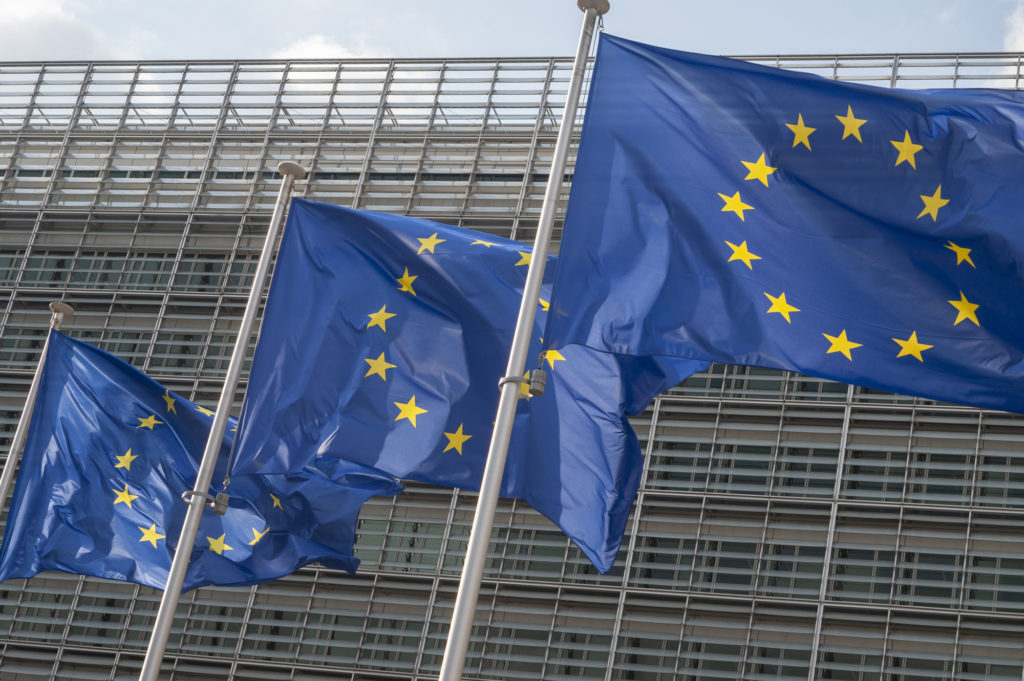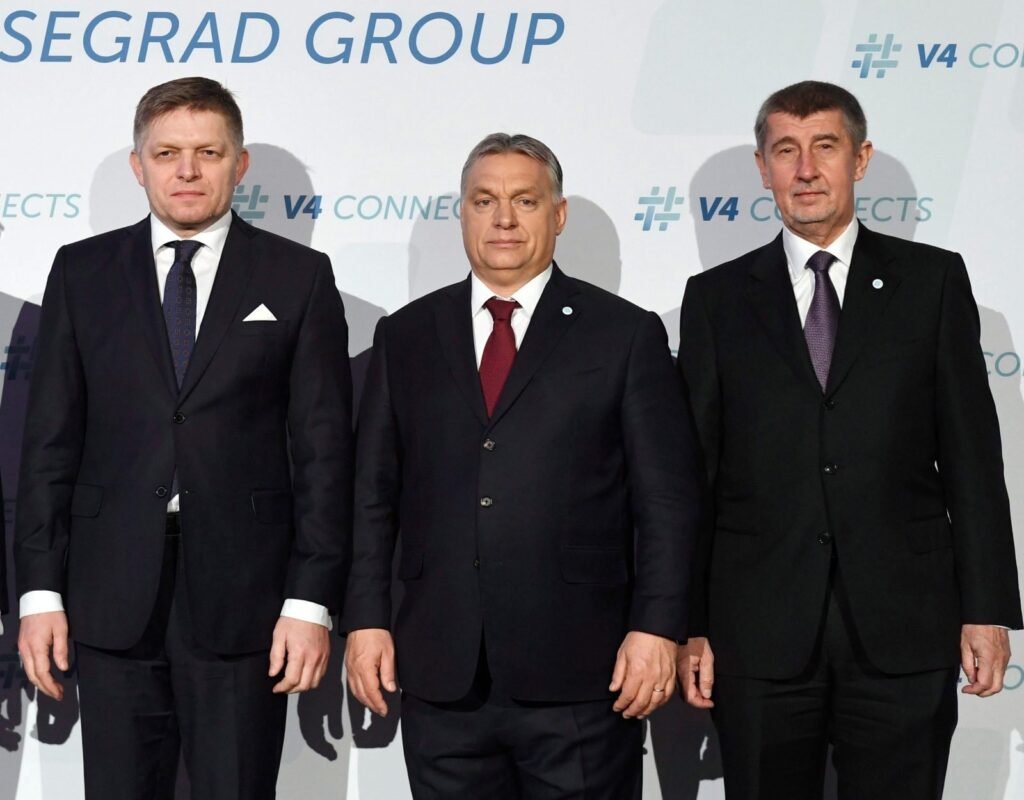Ukraine set to gain access to $8.4 bn EU defence fund by year’s end

A legislative proposal that would allow Ukraine to join the European Defence Fund will be put to a vote in the European Parliament before the end of 2025, according to the head of the Parliament's Security and Defence Committee.
"Our committee is working expeditiously, and I am pleased that we plan to vote on the EU Defence Omnibus Package before the end of this year, to be ready for the next stage of the EU's defence agenda," said Marie-Agnes Strack-Zimmermann of Germany during a committee session in Brussels on 6 November, according to European Pravda.
EU Commissioner for Defence and Space Andrius Kubilius, who attended the committee meeting, noted that on the evening of 5 October, a defence mini-Omnibus was preliminarily agreed upon, which "will enable Ukraine to become an associate member of the European Defence Fund."
The draft EU legislation, proposed by the European Commission in April 2025, was informally agreed upon on Wednesday evening by European Parliament members and Denmark's EU Council presidency. The proposal increases funding for defence-related investments by amending existing EU programs: the Strategic Technologies for Europe Platform (STEP), Horizon Europe, the European Defence Fund (EDF), the Digital Europe Programme (DEP), and the Connecting Europe Facility (CEF) — with the aim of directing EU funds toward defence needs under the ReArm Europe plan.
"MEPs insisted that the legislation should allow for broader support to Ukraine's defence industry and guarantee its participation in the European Defence Fund," the European Parliament press service told Europeiska Pravda.
Denmark's EU presidency confirmed that Ukraine's inclusion in the European Defence Fund will create "new opportunities for Ukrainian entities to join collaborative research and development projects in defence within the EU in the future."
The EDF budget for 2021-2027 is approximately €7.3 billion ($ 8.4 bn), of which €2.7 bn ($3.1 bn) is allocated to joint defence research and €5.3 bn ($6.1 bn) to joint defence capability development projects, complementing national contributions.
The legislative act incorporating Ukraine's accession to the EDF will be coordinated at the European Parliament committee level in the coming weeks and will be brought to a plenary vote by the end of the year. Following this, it must be approved by the EU Council.
On 16 October , the European Commission presented a defence roadmap — a comprehensive plan to strengthen European defence capabilities, which includes countering drones and other threats from air, sea, and space. Ukraine was identified as a key component of the EU's defence readiness.
